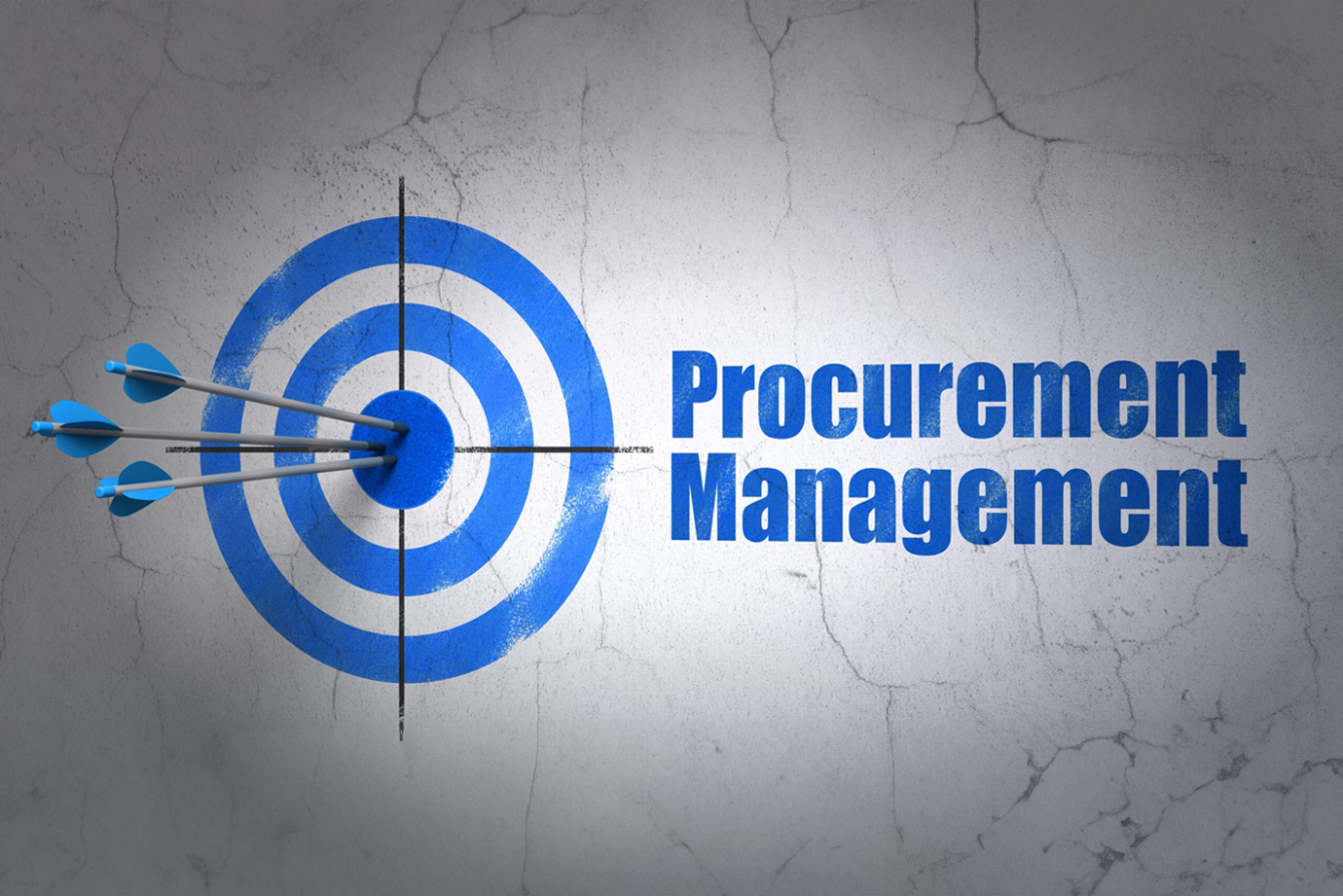8 Traits a CFO Should Look for When Hiring a Chief Procurement Officer
A CFO should carefully assess whether they are hiring a CPO with the breadth of skills necessary to help them flourish in their new leadership role
CFOs are increasingly stepping up their searches for the perfect procurement superstar to lead a procurement transformation. But a candidate who has been a standout at one company may not thrive or be successful at another company or organization.
When hiring an organization’s next chief procurement officer (CPO), a CFO may want to consider some salient traits or attributes before they hire a CPO. The following are eight critical traits a CFO should consider when hiring a CPO for a leadership role on their team.
1. Customer-Centric Problem-Solver
A skilled CPO should be a customer-centric problem-solver who tailors their approach to meeting internal stakeholders’ needs. The most effective CPOs focus on building a customer-centric procurement function where the internal customers’ needs can be met. Procurement should be viewed as a service rather than solely a compliance function of the organization. Internal customers are inclined to be highly resistant to spend aggregation if the CPO views his or her role as a police officer or enforcer. CPOs who can solve both operational and process problems for internal customers will be on the road to building a collaborative relationship with these stakeholders.
2. Well-Versed in Procurement KPIs
A seasoned CPO should be data, analytics, and metrics-driven. The 21st-century CPO needs to be well-versed in procurement KPIs and spend analytics. Having well-honed spend analytics skills will make the CPO a better negotiator with suppliers. CFOs need to jettison the notion that CPOs are only great negotiators.
3. Focused on Long-Term Spend Reduction
An accomplished CPO should focus on long-term progression rather than solely on short-term wins related spend reduction. The process of transforming a procurement function is a marathon that will happen over time. CPOs who are sprinters solely looking for short-term wins will frequently get frustrated and burn out if change doesn’t happen quickly enough. A seasoned, effective CPO will look for both short-term wins and long-term gains that happen over time.
4. Soft Skills are Essential
An astute CPO should possess a high degree of emotional intelligence with excellent empathic listening skills. Internal stakeholders often seek procurement executives who can understand and empathize with their pain points. A CPO who is merely selling their agenda will often hit a brick wall. Some procurement leaders may propose a quick fix to an issue before empathically listening to their internal stakeholders’ frustrations. Seeking to understand is a great starting point for any CPO.
5. A Culture Match
A well-matched CPO should have a leadership style that fits the culture of the organization. A CPO who has been successful in one particular industry or sector may not thrive in a different one. A CPO who has been successful in a company culture/sector that moves quickly (like tech) may find a company with a slower rate of change to be frustrating and could be prone to burning out. Sectors in which the company has thin profit margins may have a higher acceptance of a cost-driven culture versus sectors/companies with lucrative profit margins.
6. Understands Direct vs Indirect Spend
An accomplished CPO should understand that not all spend is the same. Direct materials spend is different from indirect spend. Manufacturers who primarily buy raw materials (direct material spend) need one approach compared with software companies or financial services whose spend is primarily indirect (services spend rather than materials spend). A CPO who has primarily focused on raw material spend may not thrive in an environment that is comprised of primarily indirect spend, which tends to be highly decentralized.
7. Relationship Builder
A proficient CPO should be a leader who conducts internal customer satisfaction surveys. A successful high-octane change agent wants to measure their effectiveness with internal customers through customer service surveys. CPOs who are receptive to both qualitative and quantitative feedback will be more likely to adapt to the needs of their internal customers and build highly collaborative relationships.
8. Identify a Candidate’s Time Horizon
Some CPOs seek positions that can lead the pilot stages of transformation and get the organization off the ground with a strategic plan. Then, after a few years, the same CPO may be ready to change jobs or even companies. Other leaders may have more of an appetite to stay on longer. It is important to identify a candidate’s time horizon to see if they would be highly engaged and want to stay at the organization.
A CFO needs to carefully assess whether they are hiring a CPO with the breadth of skills necessary to succeed in transforming a procurement organization into a highly customer-centric function that matches the needs of the organization as a whole.
Steven Lutzer is the president and founder of Lutzer Global, an executive search firm specializing in procurement, strategic sourcing, and supply chain management.
For original link to CFO.com
https://www.cfo.com/news/chief-procurement-officer-skills-hiring-leadership-cost-management-suppliers/686856/
About the Author: Steven Lutzer is the president of Lutzer Global Inc., an executive search firm that specializes in procurement, strategic sourcing and supply chain management. Lutzer had a 20-plus year career in supply chain management and global sourcing before founding Lutzer Global. For more information, please visit www.lutzerglobal.com.

